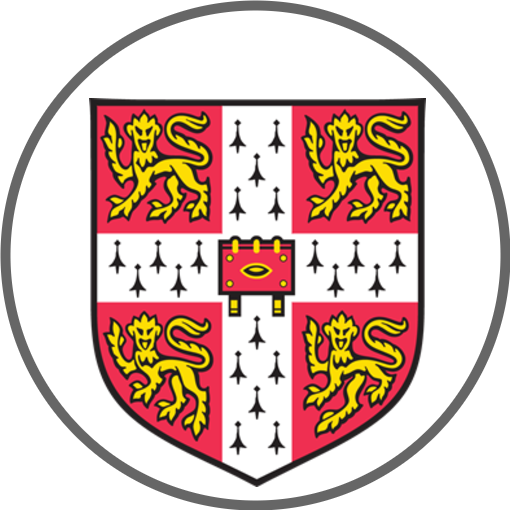
Our Research
Computational exploration of large cancer datasets to understand mutational signatures
We continue to explore large cancer datasets extensively, seeking new understanding regarding how and why cancers arise.
Mutational signatures reference database and WGS profiling interface
We have developed a reference database of mutational signatures: Signal. It has functionality to explore cancer-derived signatures and experimentally generated signatures. It can perform analyses and be used to seek the presence of any of the known mutational signatures in new samples. We welcome data deposition into our database.
We are also developing a holistic cancer genome profiling data interface to assist in processing, analysis and interpretation of whole cancer genomes.
Exploring mutational signatures in experimental systems
Mechanistic insights gained through isogenic cell line modelling of mutational signatures, for example of alkylating agent 1,2-DMH, and how it generates substitution as well as indel signatures.
The abstract nature of mutational signatures requires experimental validation. A systematic assessment of the effects of environmental agents and DNA repair/replicative pathways has been performed in an isogenic cell system with hundreds of cell line models developed in induced pluripotent stem cells (iPSCs). We are able to dissect mechanistic insights from these experimental systems.
Computational exploration of large cancer datasets to understand mutational signatures
We continue to explore large cancer datasets extensively, seeking new understanding regarding how and why cancers arise.
Mutational signatures reference database and WGS profiling interface
We have developed a reference database of mutational signatures: Signal. It has functionality to explore cancer-derived signatures and experimentally generated signatures. It can perform analyses and be used to seek the presence of any of the known mutational signatures in new samples. We welcome data deposition into our database.
We are also developing a holistic cancer genome profiling data interface to assist in processing, analysis and interpretation of whole cancer genomes.
Exploring mutational signatures in experimental systems
Mechanistic insights gained through isogenic cell line modelling of mutational signatures, for example of alkylating agent 1,2-DMH, and how it generates substitution as well as indel signatures.
The abstract nature of mutational signatures requires experimental validation. A systematic assessment of the effects of environmental agents and DNA repair/replicative pathways has been performed in an isogenic cell system with hundreds of cell line models developed in induced pluripotent stem cells (iPSCs). We are able to dissect mechanistic insights from these experimental systems.
Contact Us
Prof. Serena Nik-Zainal
Early Cancer Institute
University of Cambridge
Hutchison Research Centre
Box 197
Cambridge Biomedical Campus
Cambridge
United Kingdom
CB2 0XZ